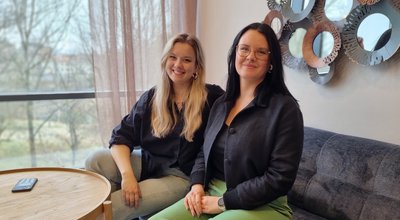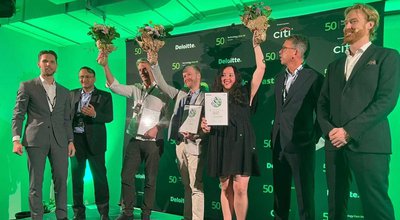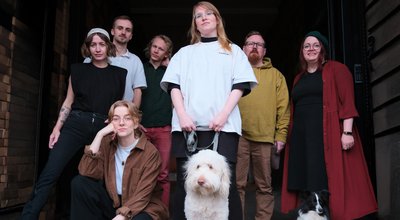New mentorship program aimed at elevating female CEOs
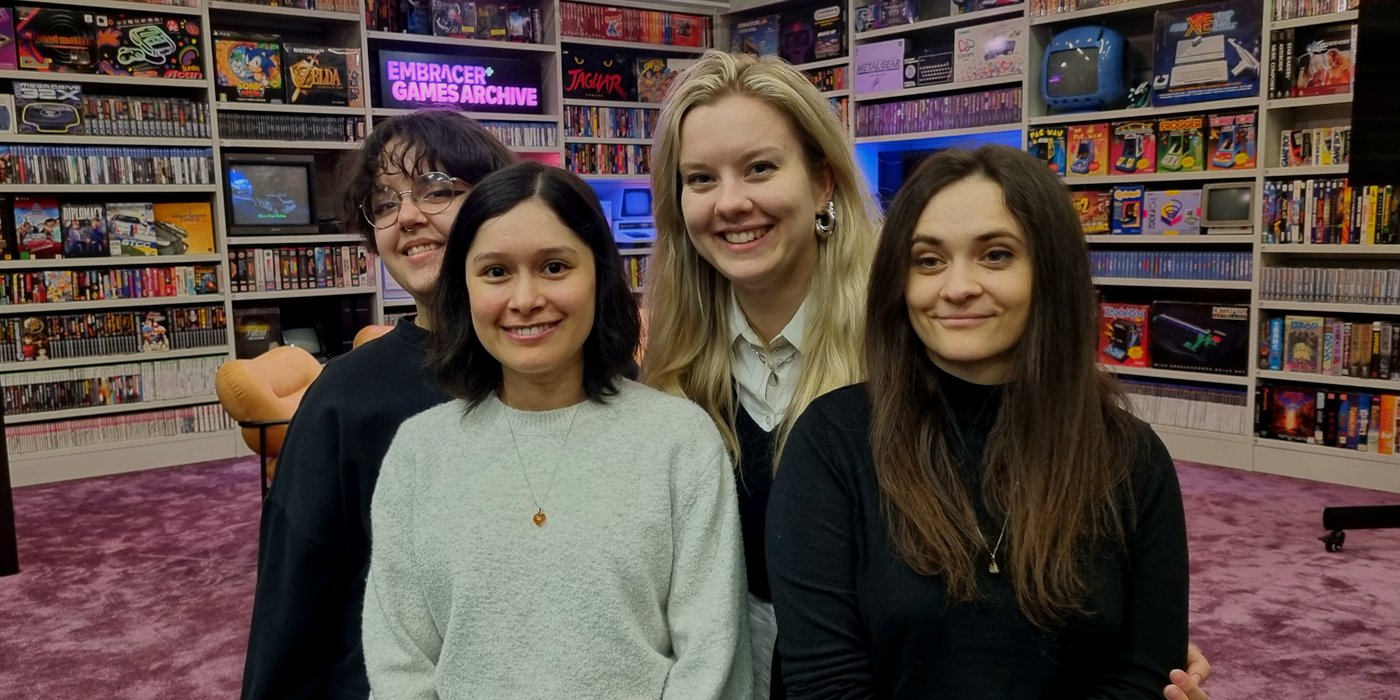
From left: Disa Johansson, Ambar Troya, Tilla Segerstedt and Viktoriia Rudkovska.
The All In project has identified several obstacles that result in fewer women than men choosing to start businesses. One of these is that women, to a greater extent than men, lack networks and role models. To address this need, Science Park Skövde, together with the Karlstad cluster The Great Journey, has created a mentorship program to support female founders and CEOs in the games industry.
“Through the mentorship program, an open and trusting climate is created where they dare to discuss issues and difficult situations that may arise as a female CEO," says Jenny Brusk, founder of the female gaming network DONNA and project manager for All In at Science Park Skövde AB.
The All In project, operated by Science Park Skövde under the brand Sweden Game Arena, has focused on developing methods and tools to facilitate women and non-binary people in starting their own game companies.
“Within the project, we conducted a survey followed by several workshops to both identify what prevents the target group from starting their own businesses and to develop solutions to counteract these obstacles," says Jenny Brusk.
One of the tools developed within the framework of the All In project is the Female Game Entrepreneur Mentorship Program, as it emerged that the need for networks and role models was significant. In collaboration with The Great Journey in Karlstad, a mentorship program was established with five female entrepreneurs. One of them is Tilla Segerstedt, founder and CEO of Aurora Arts, based in Skövde.
“Being part of a mentorship program is an opportunity to not only create new contacts but also to learn from other women and non-binary people in the industry. It's important that we support each other to strengthen our voices and presence in the industry, where we can share both positive and negative experiences," says Tilla.
Another participant in the mentoring program is Ambar Troya. She is currently a game student in Karlstad but has previously founded and run game companies.
“Being part of the mentoring program means a lot to me because I feel included in a wonderful community of women who inspire and motivate me to continue this journey. I hope to build confidence, let go of past failures, and approach the future with more knowledge and enthusiasm," says Ambar.
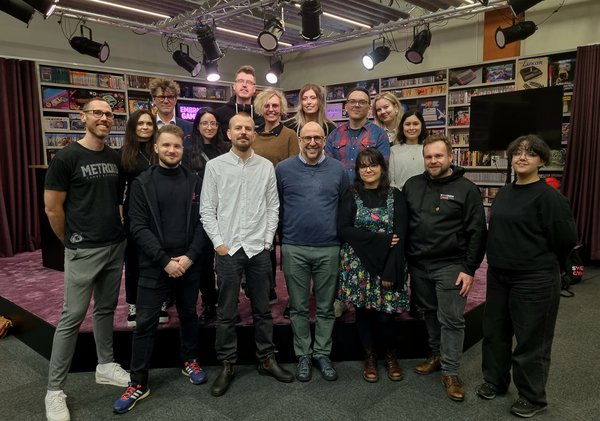
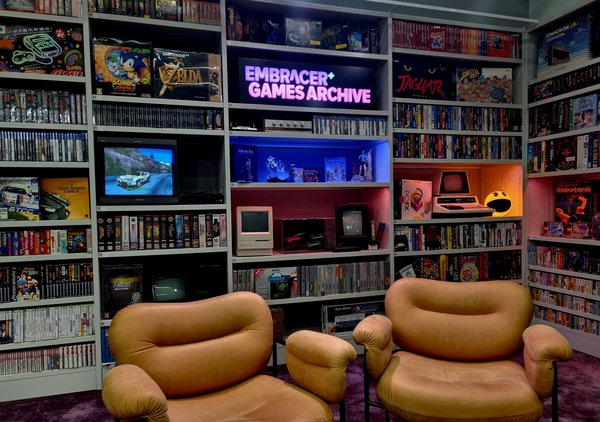
80,000 games
At the same time that the female game entrepreneurs in the mentorship program met for the second time in Karlstad, representatives from Sweden Game Arena visited their cluster colleagues from The Great Journey. This included visits to Embracer's headquarters, Mirage Game Studios, and a tour of Embracer Games Archive. The archive housed an impressive collection of nearly 80 000 games, which are set to increase. The goal is to have a copy of every physical game ever released.
During the visit to Karlstad, the mentorship program met Ellinor Johansson, HR manager at Embracer Group. Ellinor describes it as a rich session:
“A question that is always of interest is how to make a group function as well as possible, the steps in group development that one goes through, and where each group is located. Another exciting point of discussion was cultural differences and how they affect us.”
Varied and inclusive game production
After the conclusion of the All In project, Jenny Brusk hopes that the women in the group will continue to meet regularly to exchange experiences.
“We hope to support them by inviting mentors as needed. We also hope to develop the concept so that more women and non-binary entrepreneurs can participate. The idea is to create more similar groups and to invite everyone to a larger networking event once a year," says Jenny.
Tilla Segerstedt believes that we need to see changes at all levels to create a more inclusive industry.
“It's difficult to create games that appeal to a broader audience when the majority of decision-makers are men and the games are usually targeted at a male audience. Having more women and non-binary people in leadership positions would contribute to a more varied and inclusive game production, which in turn would benefit the entire industry.”

